The UN at 75: What’s different, what’s the same?
Do you know anyone who has never heard of the United Nations? Probably not. For most of the world’s population, the UN has been around our entire lives. But, do you know anyone who doesn’t really know what the UN does? The answer to that question is almost certainly a lot more ambivalent.
Some know it as the body which helps the most vulnerable in a crisis, some may have heard of disagreements and stalemates at the UN security council, others may think of the UN as a vast – bloated even – organisation which spreads its tentacles into too many aspects of life.
The UN is embarking on the biggest survey ever undertaken
All three are at least partially true, but none entirely accurate.
The United Nations was created on October 24, 1945 from the ashes, shock and slaughter of the Second World War. The solemn ceremony in San Francisco brought together just 51 nations, because large parts of the world were still colonised. With hindsight, it is understandable that countries which had fought so bitterly for six long years would want to come together to find multilateral ways of solving disagreements and tackling challenges. But the United Nations was, for its time, a surprisingly radical concept.
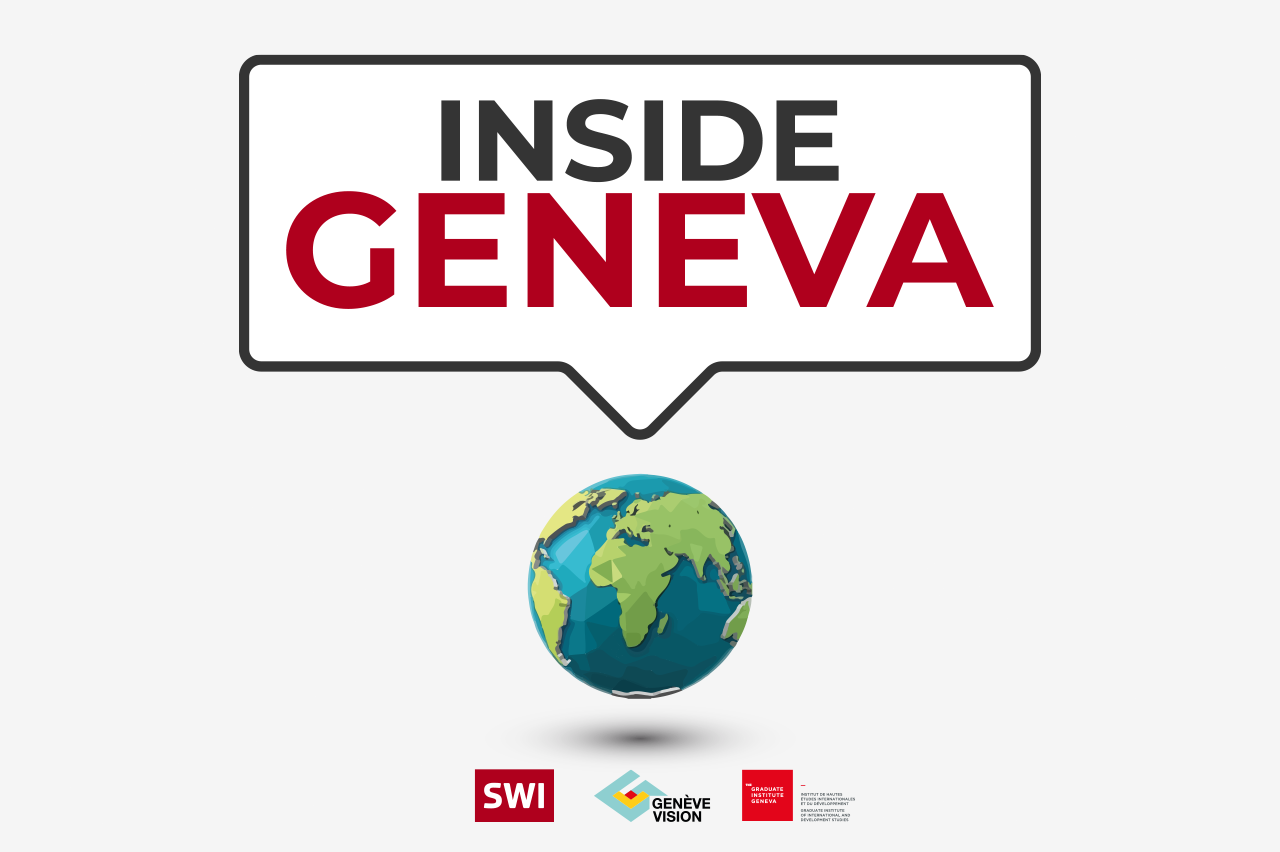
More
What’s the point of multilateralism? The UN at 75
“75 years ago, the logic of setting up an international organisation like the United Nations was not necessarily obvious,” says historian and Professor of International Relations Mohamed Mahmoud Mohamedou. “The world was coming out of large-scale conflict, and the dynamics of multilateralism, the very concept of it, was not so well known.”
“But there was the realisation that this was the moment, if ever, to imagine a different type of world…this notion that you have one place where all of the nations with one equal vote can come together and debate the questions of the world.”
A ‘beast’ of an organisation
Fast forward 75 years, and the UN is embarking on the biggest survey ever undertaken, to find out what people think of the organisation and whether they think it needs change. Certainly, over the decades since 1945, the UN itself has changed. There are now 193 member states, among them many former colonies who gained independence in the 1950s and 1960s.
Masters student Jasmine Pokuaa Oduro-Bonsrah, who is studying at Geneva’s Graduate Institute, describes the UN as “a beast of an organization which impacts all our lives”. That’s not meant necessarily as a criticism, but she does think the UN needs to adapt to reflect its current membership.
“I think the structure of the UN itself needs to change. Clearly the member states are not happy with the current UN system. When the UN was created most of its members were still colonised. So the UN as it existed then, which still now has that same constitution, has not actually reflected the changes that have happened in the world. The member states now were not member states then.”
Some members more equal than others
Why exactly are some member states not happy with the system? The reason goes back to that original concept, of all nations coming together with one equal vote. In fact, the UN structure is designed to make some more equal than others, and that, says Mohamedou, is a fatal flaw, built into the UN from the start.
“The UN Security Council (with five permanent, veto-holding members, the US, Russia, China, France and the United Kingdom) is a snapshot of the political reality of 1945, it really is about the victors of WWII,” he says.
He points out that despite the world’s changes in the decades since, Germany for example does not sit on the Security Council, but France does. Important countries around the world such as India, Nigeria, or Brazil are also absent.
“It raises questions about why those particular five countries have a veto and a permanent seat on all of the matters that are crucial to the world,” Mohamedou notes. “It’s a fundamental problem that the UN has.”
The debate about reform of the Security Council has been going on for years, decades even, and has never found a solution. The P5, as the Security Council members are known, are not rushing to give up power, while the other member states cannot agree on how the power, were it ever to be spread around more generously, should be divvied up.
Paralysis
It’s a disappointing paralysis, one that is mirrored by paralysis at the Security Council itself. While the P5 may quietly agree to hang on to their permanent seats and their vetoes, they don’t often agree on much else.
Between them, the United States and China recently blocked a UN Security Council resolution on tackling the coronavirus pandemic, because the US wanted to explicitly name China as the source of the virus, and also objected to mention of the World Health Organization, which Washington says is too close to China. Meanwhile Beijing was uncomfortable with the mention of “transparency” in the resolution.
Such political posturing can have tragic consequences: the main point of the resolution was to back UN Secretary General Antonio Guterres’ call for a global ceasefire, to allow healthcare workers in places like Syria or Yemen to go about their work fighting Covid-19 without the risk of being shot or bombed.
The humanitarian arm of the United Nations, many of whose agencies are headquartered in Geneva, knows that posturing all too well. Time and again, from Syria, to Yemen, those big powers who came together in 1945 to create the UN, once described as “the world’s workshop for peace”, have been unable to deliver on their vision.
When Bernadette Castell-Hollingsworth, currently deputy director of International Protection at the UN Refugee Agency (UNHCR), was sent to Jordan in 2013 to set up Azraq camp for Syrian refugees, she didn’t believe that the war would still be going on seven long years later.
“Nobody could ever have thought that all these refugees, seven years later would still be in Jordan, or Lebanon,” she says. “I am still in contact with a woman in Azraq, she sent me pictures of her house in southern Syria, totally destroyed, and I felt she was losing hope.”
“In the UN we try not to lose hope, and I think our work is to stand by refugees for as long as they need us, but sometimes, doing this work you go through moments of doubt, and it’s sometimes difficult.”
Hope at 75?
So is there hope for the UN in its 75th year? Despite its many setbacks, divisions, and doubts, Mohamedou sees some bright spots for the organisation. During the 1990s, he points out, the UN forced an impressive list of issues onto the global agenda, ones that have now become key policy items for most governments.
“Right at the end of the Cold War, there was an opportunity for the UN to show whether it’s relevant or not,” he says, noting that the UN did step up with key world conferences such as sustainable development in Rio in 1992, human rights in Vienna in 1993, population in Cairo in 1994, social development in Copenhagen in 1995 and the conference on women in Beijing, universal jurisdiction in Rome in 1998 and the Durban conference on racism in 2001.
Mohamedou sees that decade as evidence that the UN is capable of creating standards and norms for our planet, and of making sure the issues that affect us all, from climate to change to human rights and social justice, are addressed.
He sees dangers – but also possible opportunities – ahead.
“We have this multiplicity of rising nationalism, you could even speak of neo-authoritarianism in many places. In the US, in Europe, in Asia, in Africa,” he points out. “This is a crisis, but out of a crisis can come opportunity. If you combine this with the most recent crisis, the coronavirus pandemic, then you might have the conditions for new debate and new engagement. There could be an epiphany moment, a wake-up a call.”
Castell-Hollingsworth and Pokuaa Oduro-Bonsrah also believe the coronavirus pandemic ought to be a loud reminder that the world needs multilateralism, and by definition, the United Nations.
“Multilateralism, the one we have experienced over the last 75 years, may not always be perfect,” says the UNHCR deputy director. “But it is the solution to global issues. We are now experiencing a pandemic, and I believe it is only through multilateralism that we can address global issues like climate change, or displacement of people.”
“We live in an interdependent world, and some member states’ governments who are tempted to think that they can find solutions on their own will be proven wrong, this is what history has shown us.”
“My hope is that this UN at 75 will make changes,” says Oduro-Bonsrah. “I think right now we can see that it is in the best interests of countries to cooperate. It moves beyond the unilateral and single-minded thinking that this is not going to affect our countries.”
“It was a great wake-up call to see that no one is exempt from things that are happening in other parts of the world,” adds the Graduate Institute student. “It’s a shame that it had to take a pandemic to show that we need each other, but I believe this could be a great starting point to have a conversation about why we really require the help of each other.”
Hear the latest episode of our Inside Geneva podcast, hosted by Imogen Foulkes, on the topic of the UN’s past and future:
You can subscribe to more episodes of Inside Geneva here, and follow Imogen Foulkes on twitter at @imogenfoulkes to send her questions and suggestions for Geneva-based topics.

In compliance with the JTI standards
More: SWI swissinfo.ch certified by the Journalism Trust Initiative
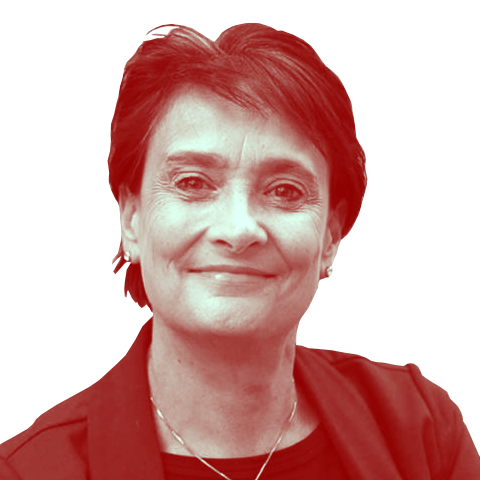
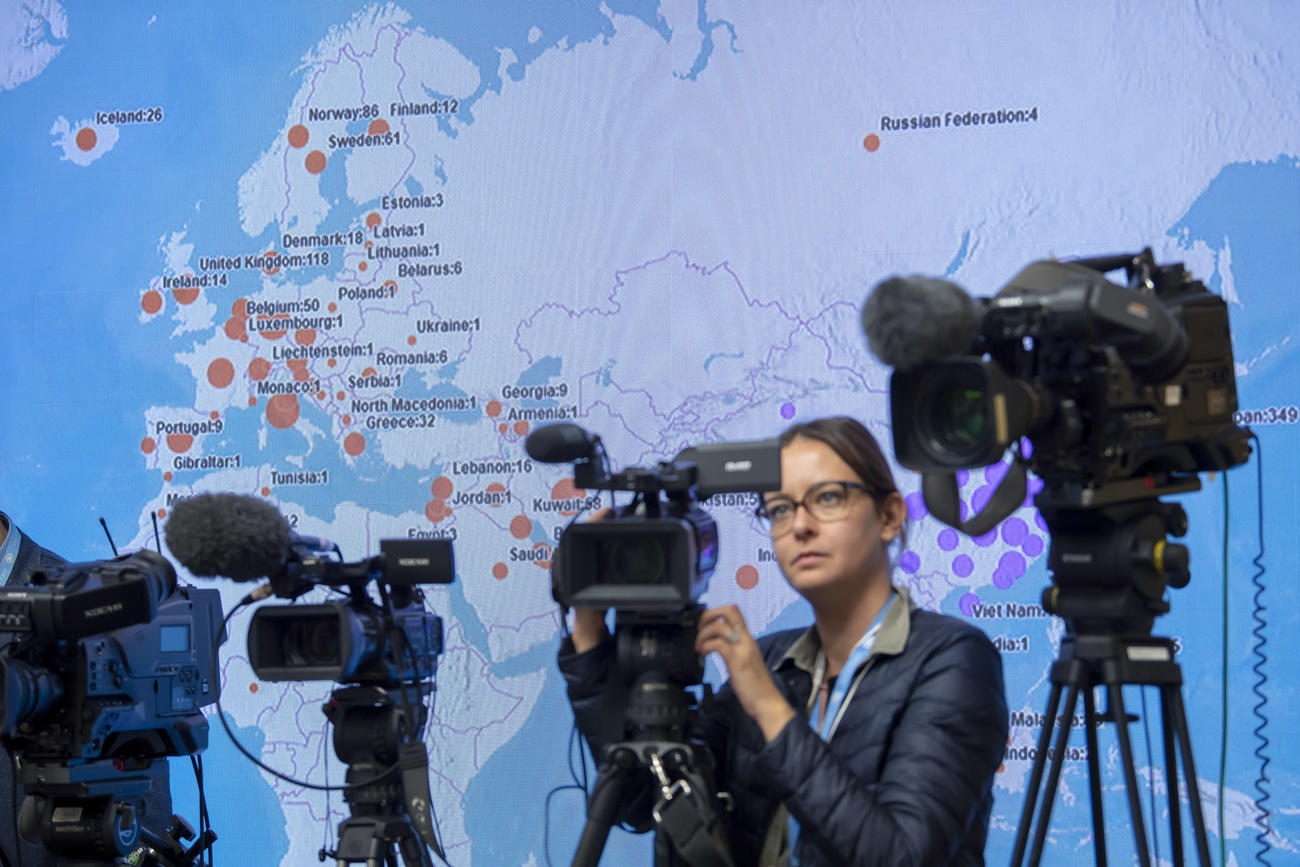
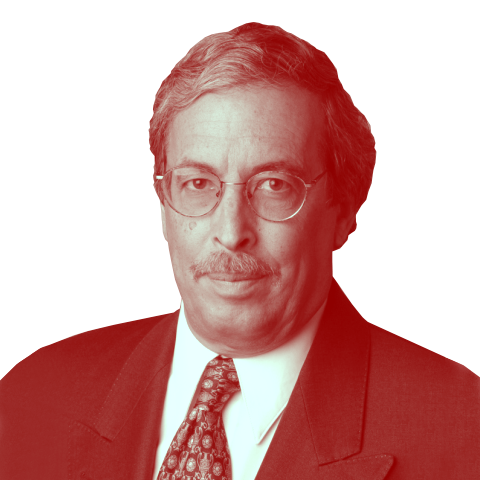
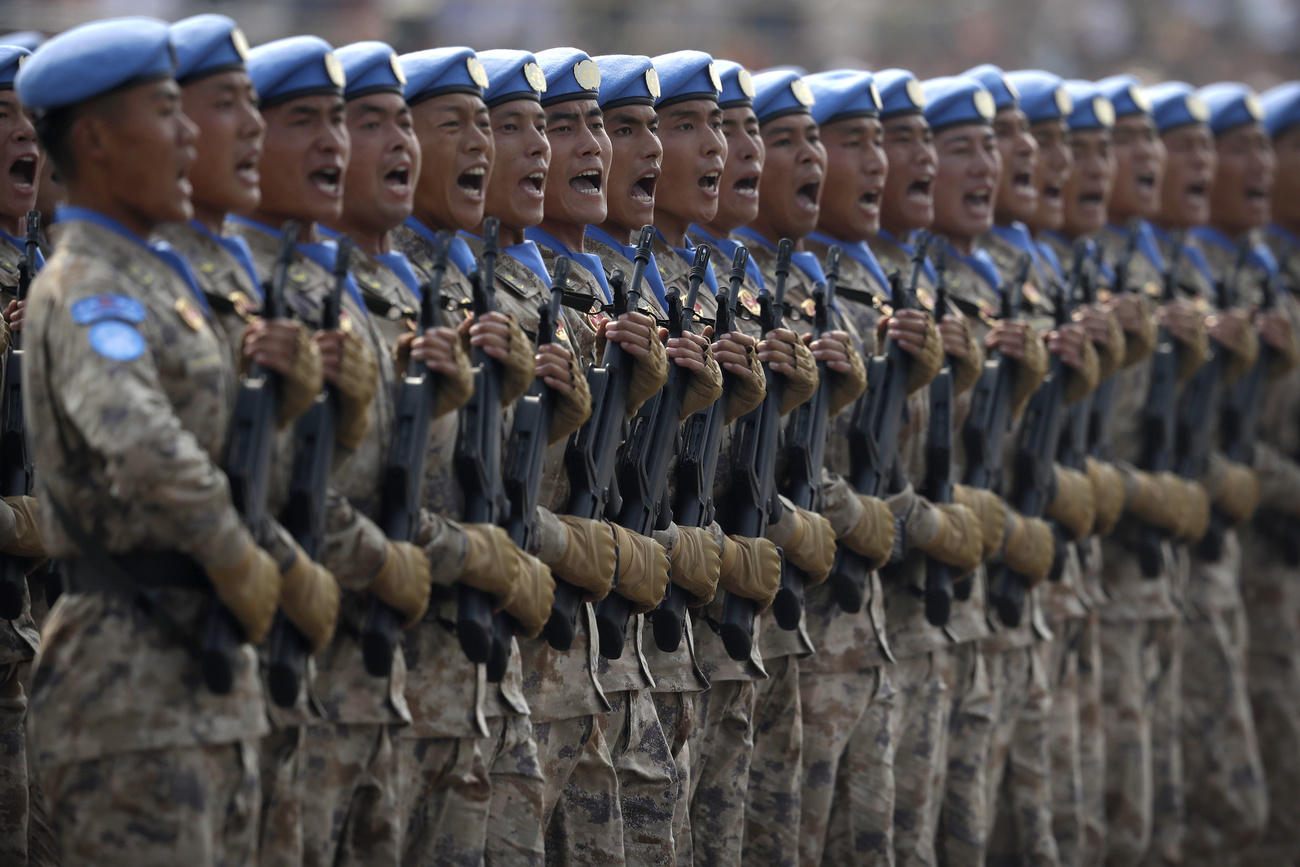
You can find an overview of ongoing debates with our journalists here. Please join us!
If you want to start a conversation about a topic raised in this article or want to report factual errors, email us at english@swissinfo.ch.